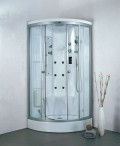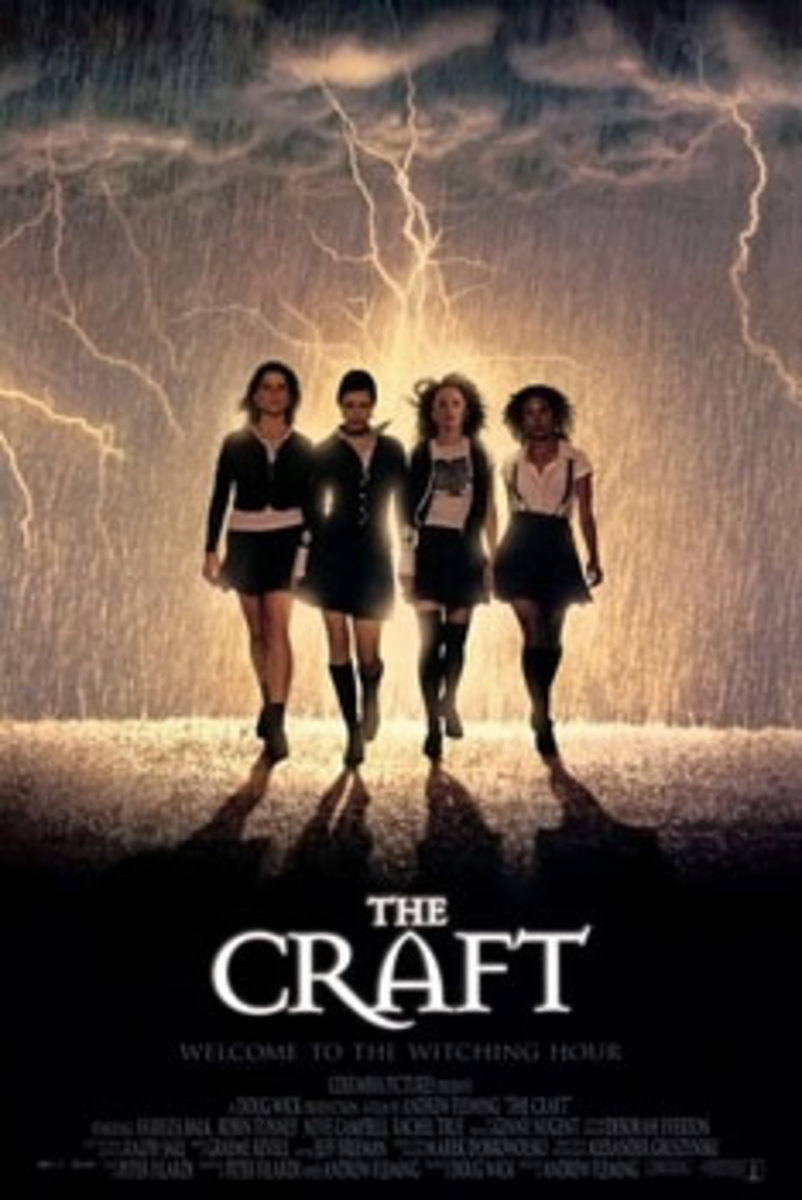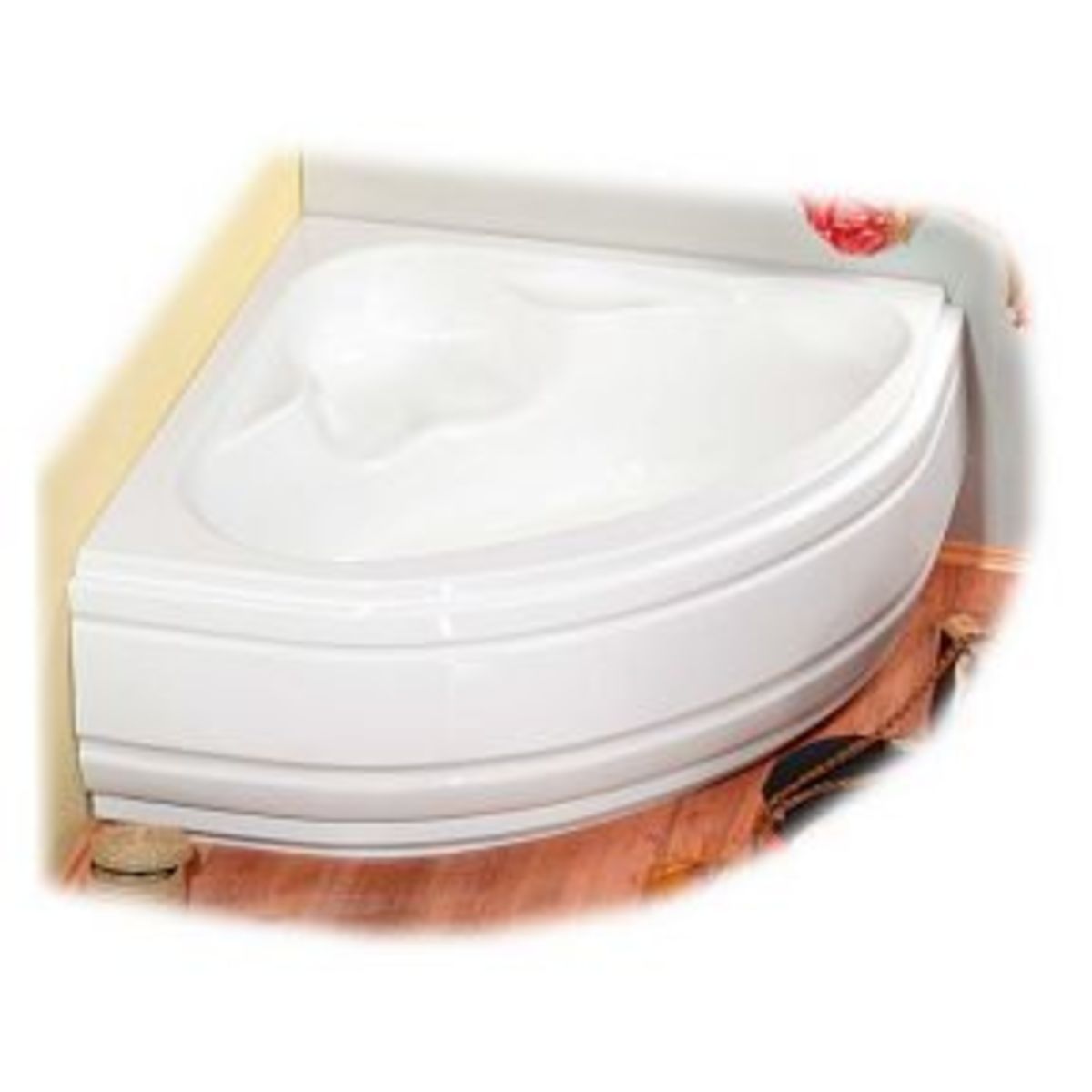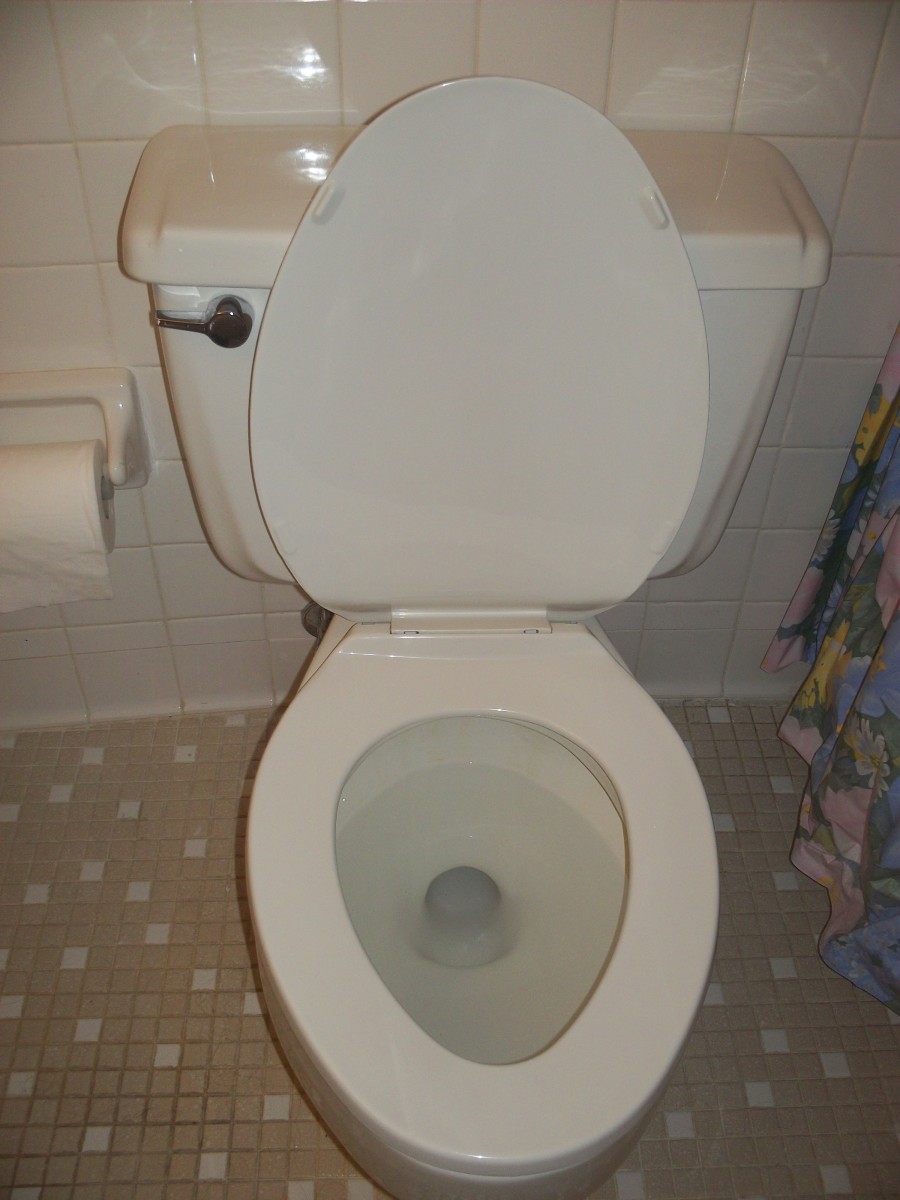A Very Brief History of Shower

Summer is knocking at the door and I cannot stop thinking about those hot days of sunshine and of … sweat. We all get sweaty, dusty, sticky during a hot summer day and, even though we might simply enjoy being by the Mediterranean all summer long, just jumping in the turquoise blue waters and enjoying the refreshing late afternoon swim, we all know that this would not be easily possible. However, what is possible even in a basically equipped home is to take a well-deserved... shower. The sweat and dust gathered in all those hasty long summer days that we all need to survive through - especially if living in the big city – can be washed away only by a shower and by a shower only! Whether a morning shower or an evening one, it simply comes as a blessing or as a relief. But what do we know about shower? Did any of you ever wonder who invented this enjoyable and absolutely useful device? When it was for the first time used and who enjoyed it mostly?
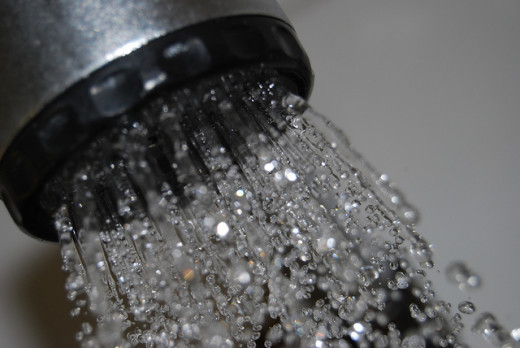
Well, first of all, if allowed to state so, nature itself invented the shower. If we think of waterfalls falling down the rocks, washing everything away, cleaning one from the top to the bottom, then we simply get the image of a 'proto-shower' that our very first ancestors surviving on earth even before the dawn of time might have been using, enjoying the benefits of it whenever nature allowed them to. However, I cannot imagine the Neanderthals taking a regular shower every day!
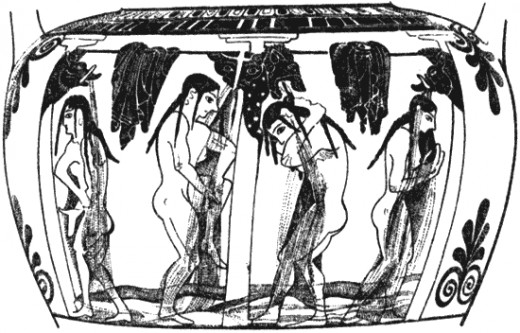
Those who brought the shower into human dwellings, in a well-engineered manner, providing with absolutely all the comforts that we are enjoying today – including some very efficient sewage system – were the Ancient Greeks. Yes, ladies and gentlemen! The one and only Ancient Greeks brought to the world this civilizing miracle as well! Due to their remarkable engineering discoveries, the shower came into being, becoming a habit or a comfort available for all.
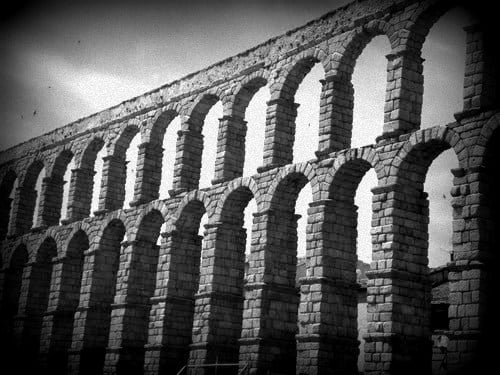
Those who took it even further were the Romans. The Romans liked the idea that the Ancient Greeks came with, as they liked and adopted mainly all of their ideas. What the Romans did was to 'export' showers all around the provinces that were falling under their control. It is so that the showers were brought to England as well during those times in history when these lands were knows and Britannia, meaning long time ago, in the 1st - 5th centuries AD. Nowadays, though, the balance of power has significantly changed; it is the Brits that gave us the very efficient and modern Mira showers. However, back in those days they only knew the Roman baths.

What Romans also developed was taking a shower every day. Plus, the shower rooms that they had been building on the lands that they conquered were for absolutely everyone, whether they were the elite or common people. You might very well imagine that those common showers constituted just as many opportunities to socialize. Therefore, through adopting and exporting showers, Romans actually brought people together, so much that nowadays we could humorously find even a slogan for it: 'Showers – connecting people!'.

In a more serious note, though, I must continue the story by revealing that, along with the Roman Empire's decay, the shower also fell into the decay and gradual disappearance, till it eventually reached oblivion … The pipe and sewage systems, along with the heating systems as well, got destroyed at one point. Since the infrastructure and the facilities vanished, there was a loss of interest in the habit as well, and it is so that Europe stepped into what we know nowadays as The Dark Age (The Middle Ages). We have all heard stories about the Middle Ages, be it by reading it in books or depicting it in the movies. There was a lot of filth during the Middle Ages – as much as to contribute to the spreading of diseases. The population of Europe faced some serious threats during that era; there was plague, but showers ... there were none, unfortunately!
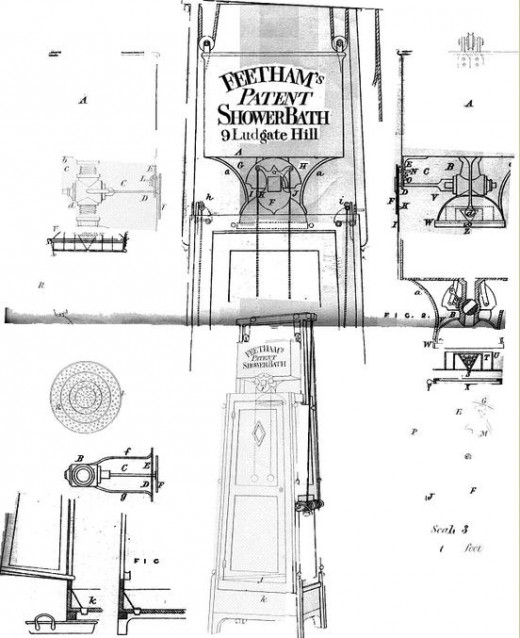
But, then again, along with Modernity, things started to shine once again and humans started to shine of cleanliness also. Shower reappeared in the scene. No one knows who brought the shower back in people's lives, but what is for certain is that it happened at the beginning of the 19th century.
The first modern shower that could have competed with the complex engineering standards of the Ancient Greeks and Romans was the English Regency Shower and it was, indeed, a good omen that Modernity brought back into people's lives. And no wonder it happened in England! It is where best of the showers are to be found up until today!
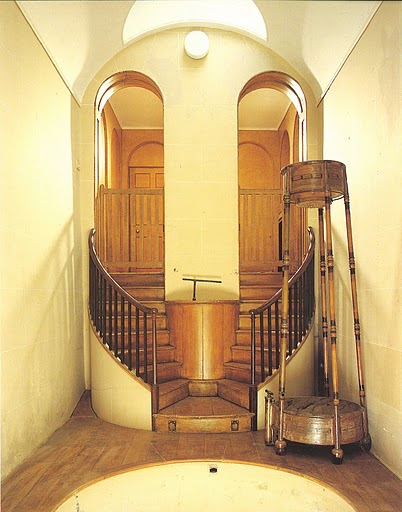
Enjoy your shower!


